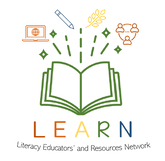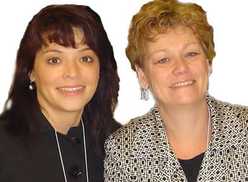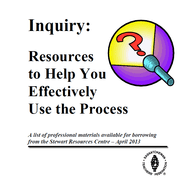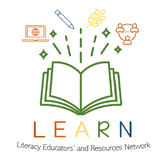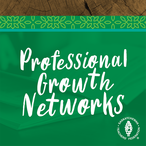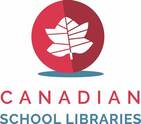Inquiry
|
Inquiry involves investigation of big ideas that evoke a deep understanding of the discipline or unit of study within the discipline. Inquiry is woven throughout Saskatchewan curricula. By learning the complex skills of inquiry, students will be equipped to move beyond collecting trivial facts to being critical consumers of information, able to construct their own understanding of issues.
There are so many definitions, approaches, models, and terms that it can be confusing to understand what it is that is meant by inquiry in curricula. The partners in this project have used an approach to inquiry that is integral to each curriculum, though many other experts use similar concepts that can be mapped to each other. View Frameworks for Inquiry PDF. As educators prepare students to be lifelong learners in an age of rapid change and complex, dynamic information, it has never been more important to develop independence and critical thinking skills. Inquiry is different from a traditional model of “covering” the curriculum as explained in the attached document: Rewards of the Inquiry Approach PDF. |
The following TEDx West Vancouver ED Talk Video on YouTube by Saskatchewan educator, Shelley Wright, expresses her involvement with students engaging in an inquiry approach to learning.
The practical and informational document, Renewed Curricula: Understanding Outcomes (2010), outlines the foundations of curricula and how to use curricular documents to develop questions for deep understanding in an inquiry context. Building a culture of inquiry is a collaborative effort among educators and is part of their professional learning. The Leadership In Inquiry webpage outlines opportunities to investigate the work of teacher-librarians, teachers, and school-based administrators, and ways to support the evolution of inquiry which is both collaborative and reflective. |
Gallery
|
Misconceptions of Inquiry
Charlotte Raine, during the SSLA Conference 2012, discusses misconceptions of inquiry. |
Benefits of Inquiry
A teacher, during the SSLA Conference 2012, discusses the benefits of inquiry. |
Benefits of Inquiry
Lynda Erlandson, during the SSLA Conference 2012, discusses the benefits of inquiry. |
|
What Is Inquiry? Podcast (11 minutes)
Donna DesRoches and Carlene Walter discuss inquiry and information literacy, as well as how teacher-librarians can build a culture of inquiry. |
Misconceptions of Inquiry
Shari Martin, during the SSLA Conference 2012, discusses misconceptions of inquiry. |
Misconceptions of Inquiry
Shari Martin, during the SSLA Conference 2012, provides another viewpoint of misconceptions of inquiry. |
|
Reflection On Inquiry
A student reflects on inquiry through a comparison to traditional learning styles. |
Contrasting Inquiry
Chris Arnstead contrasts inquiry to other teacher-learning approaches. |
Why Use Inquiry?
The student interview highlights the benefits of using an inquiry approach. |
|
Inquiry: Resources to help you effectively use the process
A list of professional materials available to borrow from the Stewart Resource Centre compiled in April 2013. |
Inquiry - Wonder, Investigate and Share
Tracy Woodward, teacher-librarian, has created a LiveBinder of inquiry resources. |
Sharing How Inquiry is Like a Snowman
Jodie Wachs and her grade two students explain how inquiry is like building a snowman. |
